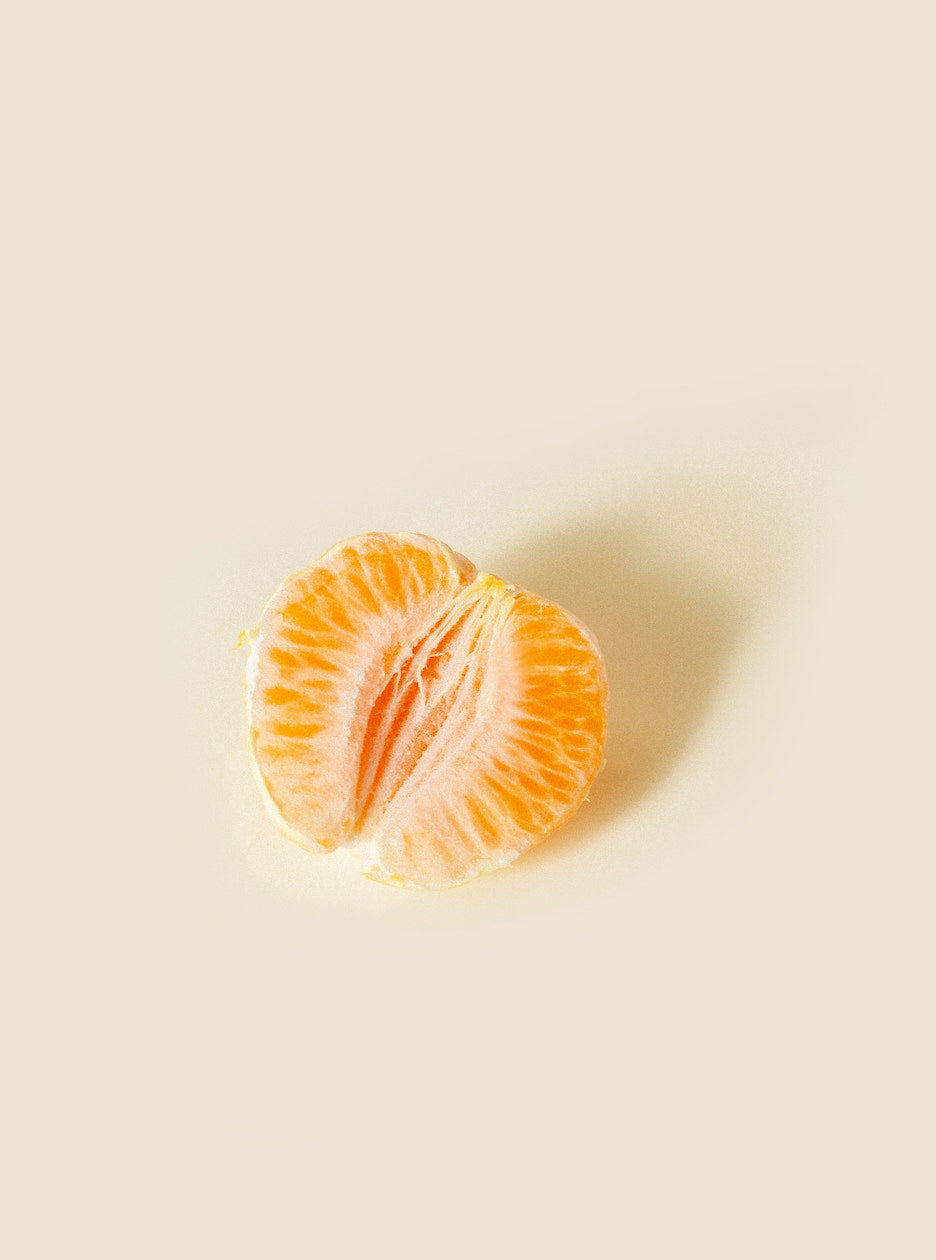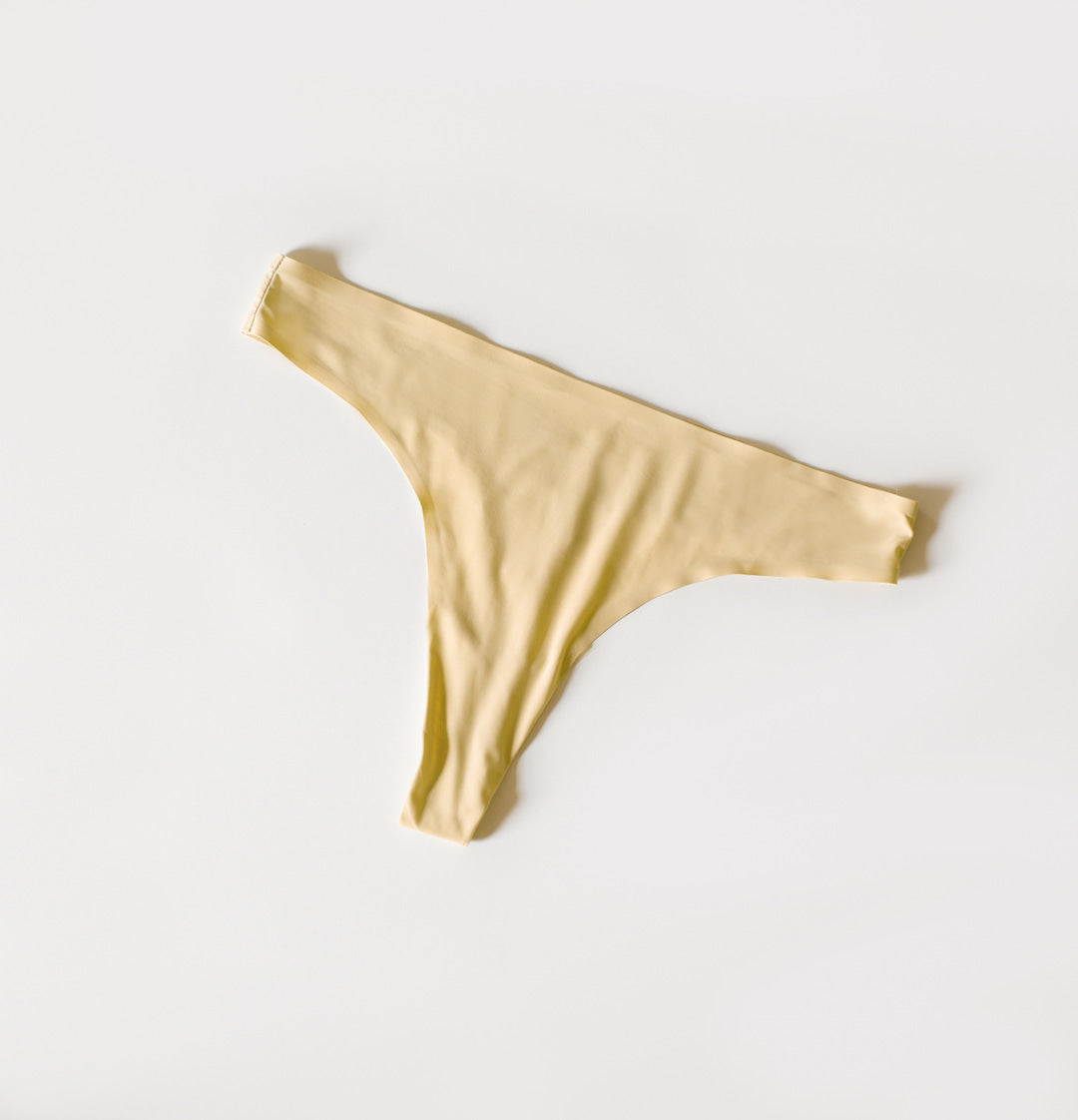If you've been there, then you know: vaginal dryness is no fun. What starts as a mild discomfort can quickly escalate into a major quality-of-life issue. Uncomfortable dryness can lead to itching, burning, soreness, urinary tract infections (UTIs), and even bleeding after sex. Unsurprisingly, many women with vaginal dryness also report a decreased interest in sex, not because of a lack of desire but due to pain or discomfort. In other words, vaginal dryness can affect both your physical and emotional well-being. But there’s good news: with the right knowledge and care, you can stop vaginal dryness from disrupting your life.
Understanding the Causes of Vaginal Dryness
Before diving into solutions, it's important to understand what causes vaginal dryness in the first place. The most common culprit? Hormonal changes, particularly those tied to menopause.
During menopause—and even in the years leading up to it, known as perimenopause—estrogen levels begin to decline. Estrogen plays a crucial role in maintaining vaginal health. It helps keep vaginal tissues lubricated, thick, and elastic. When estrogen drops, the thin layer of moisture that coats the vaginal walls becomes even thinner. As a result, the cells that usually secrete natural lubrication produce less moisture, leading to dryness. This dryness isn’t limited to the inside of the vagina; it can also affect the vulva, causing irritation, itching, and even cracking.
But menopause isn’t the only reason estrogen levels dip. Vaginal dryness can also occur due to:
-
Breastfeeding and childbirth
-
Certain cold and allergy medications (like antihistamines)
-
Depression and some antidepressants
-
Smoking
-
Excessive stress or intense exercise
-
Immune disorders like Sjogren's syndrome
-
Hormone therapy or cancer treatments (chemotherapy/radiation)
-
Surgical menopause, such as after a hysterectomy
-
Douching or using perfumed products in the vaginal area
Some women experience additional symptoms alongside dryness, such as an increased need to urinate, burning sensations, and pain during intercourse. When these symptoms occur together—particularly in postmenopausal women—they are often grouped under the term genitourinary syndrome of menopause (GSM).
How to Stop Vaginal Dryness Naturally
Fortunately, there are plenty of natural strategies that can help relieve or even prevent vaginal dryness altogether. Whether you're currently experiencing symptoms or simply want to support long-term vaginal health, these tips are a great place to start.
1. Use Natural, Gentle Cleansers
One of the easiest and most effective changes you can make is in your hygiene routine. Switch to fragrance-free, dye-free, and pH-balanced products. Avoid perfumed soaps, bubble baths, and sprays in your intimate area, as these can disturb the natural balance of bacteria and pH, contributing to dryness and irritation. A gentle cleanser or natural spray made specifically for vaginal care can offer soothing relief from itching, soreness, and odor.
2. Avoid Douching
Learning how to avoid vaginal dryness often starts with unlearning outdated practices. Douching is one of them. While it may seem like a good idea to "freshen up," douching disrupts the natural balance of bacteria and can actually worsen dryness and irritation. Your vagina is self-cleaning—it doesn’t need internal washing to stay healthy. In fact, douching can strip away natural lubrication and even increase your risk of infections.
3. Eat Whole, Nutrient-Rich Foods
Nutrition plays a surprisingly important role in vaginal health. A balanced diet with the right nutrients can help regulate hormone production and support vaginal moisture levels. Some of the best foods for vaginal dryness include:
-
Flaxseeds and pumpkin seeds – rich in phytoestrogens that may help mimic estrogen in the body.
-
Yogurt – contains probiotics that support healthy vaginal flora.
-
Avocados – high in healthy fats and vitamin E, both good for tissue health.
-
Dark chocolate – contains magnesium and antioxidants, which can aid hormone balance.
-
Cranberries – known to support urinary health and prevent infections.
Try to eat a rainbow of fruits and vegetables, lean proteins, and healthy fats to support overall hormone balance.
4. Balance Your Hormones Naturally
Hormonal balance is key to preventing dryness. If you're going through perimenopause, seed cycling is a popular natural remedy believed to help balance estrogen and progesterone through different phases of your cycle. It involves rotating flax, pumpkin, sunflower, and sesame seeds throughout the month to support hormonal function. While more research is needed, many women report positive effects.
Regular exercise, stress management techniques like yoga or meditation, and sufficient sleep can also help balance hormones.
5. Take Your Time During Intimacy
Vaginal lubrication increases with sexual arousal, so it’s essential to engage in enough foreplay before intercourse. Taking your time, communicating with your partner, and using techniques that enhance arousal can naturally stimulate moisture production. If penetration is uncomfortable, consider exploring other forms of intimacy.
Masturbation is another healthy way to promote blood flow and lubrication in the vaginal area. It helps maintain elasticity and keeps vaginal tissues more supple.
6. Try Natural Oils as Lubricants
If you're looking for an alternative to store-bought lubricants, natural oils can work wonders. Essential oils for vaginal dryness, when used with care, can offer relief—but they must be diluted and used properly. Carrier oils like organic coconut oil, grapeseed, olive, or sunflower oil are excellent natural lubricants. Coconut oil, in particular, has antimicrobial properties and a pleasant texture. Always do a patch test first and avoid using essential oils internally unless guided by a healthcare professional.
7. Consider Lifestyle and Behavioral Changes
Smoking is linked to reduced estrogen levels, so quitting is a key step in learning how to prevent vaginal dryness. Managing stress is equally important—chronic stress can interfere with hormone production and worsen symptoms. Additionally, staying hydrated supports mucous membrane health, including vaginal tissues.
Final Thoughts
The bottom line? Vaginal dryness is a common experience, but it doesn’t have to be your norm. By understanding the root causes and making intentional lifestyle choices, you can prevent vaginal dryness and support your intimate health naturally. Whether you’re looking for guidance on how to prevent vaginal dryness, curious about essential oils for vaginal dryness, or wondering how to stop vaginal dryness once it starts, the tools are within your reach.
Consistency is key. With a bit of attention and care, you can reclaim comfort, confidence, and a thriving intimate life—naturally.




